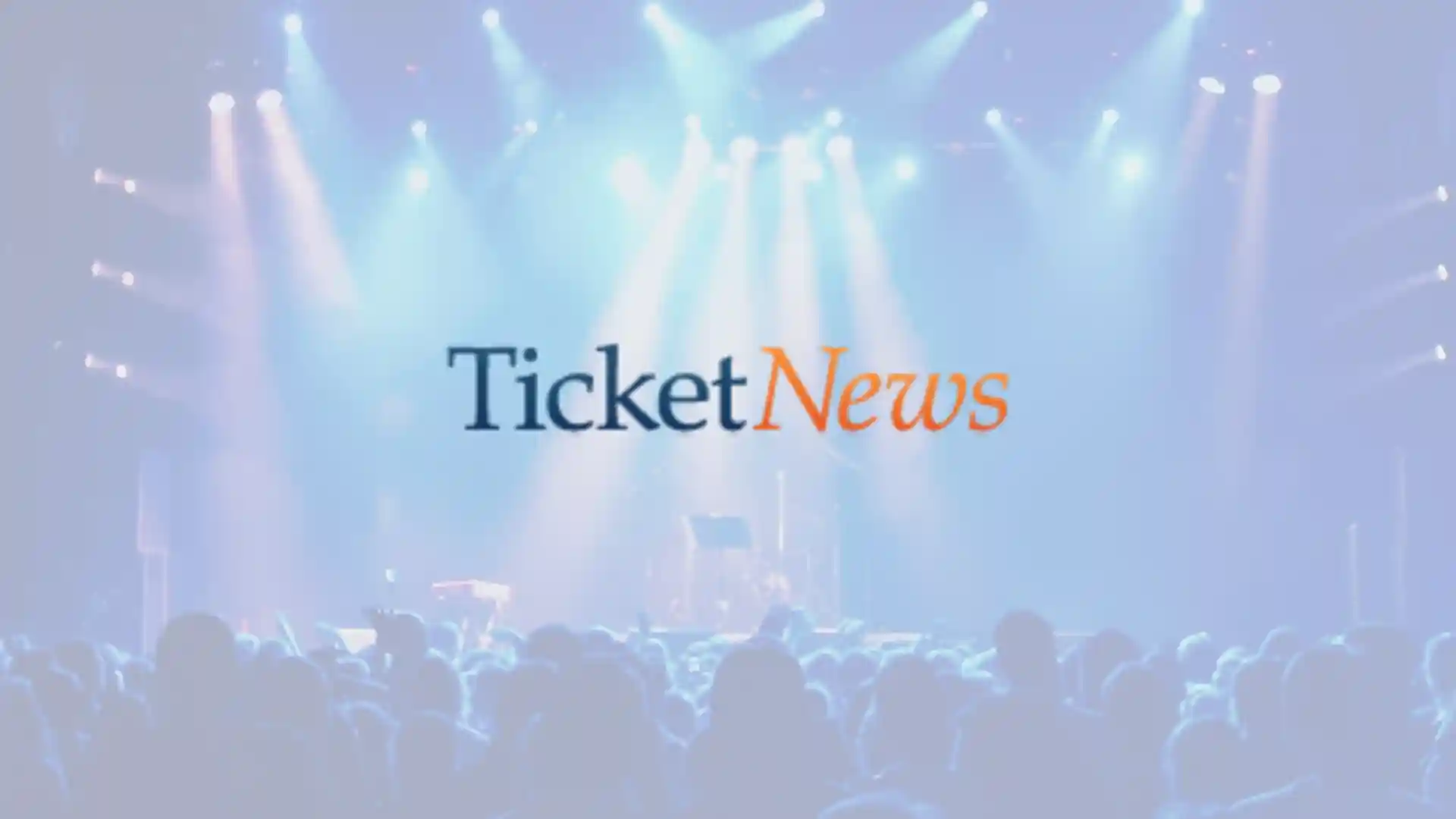
TicketNews default image TicketNews website logo on top of a background image featuring a concert
Ticketing’s Free Market Status Jeopardized in Some States
Despite the legislative gains made in the past year in the secondary ticket market, several states are beginning to reexamine those free markets, which may lead to national ticketing regulations, a panel of experts said today, Jan. 31, in Chicago at the International Ticketing Association’s annual conference.
According to Dustin Brighton, senior manager of State Government Relations for eBay, currently there are 25 active bills being discussed by state legislators in gaggle of states, including Missouri, Florida, Massachusetts, Nebraska, Colorado and Tennessee. Many are considering new price caps on how much brokers can charge for resold tickets; prohibiting the use of “bots” or software programs that snap up large blocks of tickets instantly; or in Florida’s case, a law to force venues and live music promoters to fully disclose the number of tickets that are being withheld from the public when shows initially go on sale.
“It’s a very turbulent environment legislatively,” said Joseph Freeman, senior vice president of Corporate Communications for Ticketmaster. Among audience members, the overwhelming response to the Florida proposal was negative because the venue and box office operators would be forced divulge too many trade secrets.
Thank a 15-year-old singing sensation for that. If one thing is certain, the Hannah Montana/Miley Cyrus tour, which was the subject of months of controversy, helped galvanize the movement to reexamine ticketing laws, a movement that renowned economics professor Stephen Happel, of the W. P. Carey School of Business at Arizona State University, abhors.
Happel is a staunch free market advocate concerning ticket sales, and he told the crowd of mostly venue and box office operators that the high prices at which tickets resell on the secondary market are primarily due to faulty advance research on the promoters and venues part. “The fundamental problem is that tickets are mispriced at the beginning,” he said.
“I was raised to believe that scalping tickets was akin to mass murder,” Happel joked, adding that he came to realize that the problem of high prices didn’t lie with brokers but those responsible for initially issuing the tickets. “As long as you give people choice, I’m happy.”
In the name of choice, Happel said, the National Football League will allow ticket scalping at Sunday’s Super Bowl, in part because Glendale, AZ, where the game will be played, allows for unfettered, open street scalping in a designated area, and the NFL is sending representatives to that area to ensure people are buying legitimate tickets.
The move flies in the face of what some sports teams are doing, namely the New England Patriots, which have threatened to cancel the season tickets of customers who resell them. “Teams want their cake and to eat it, too,” Happel said.






